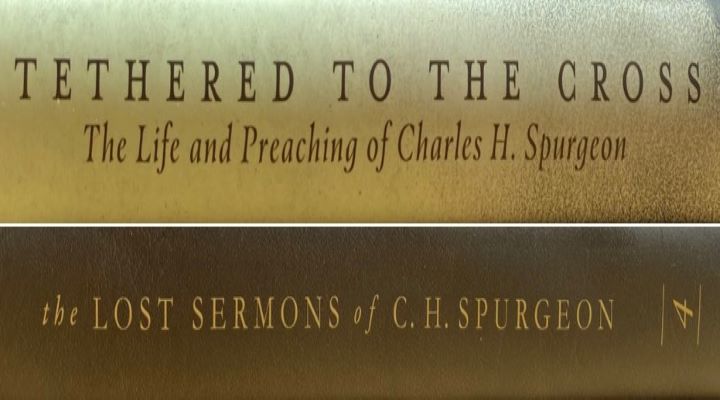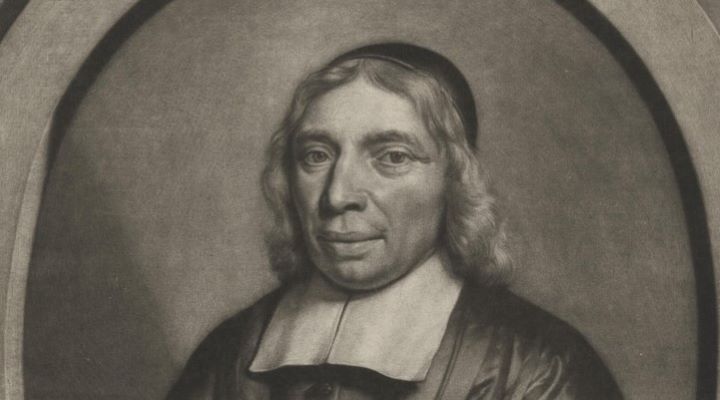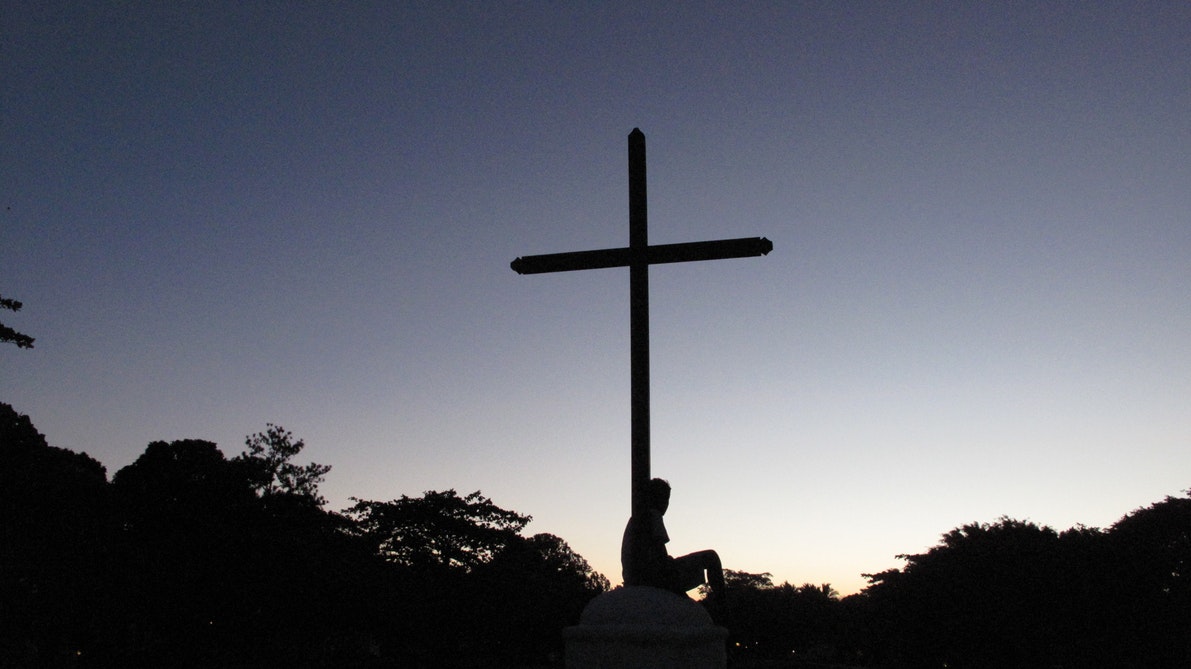In this article, we will take a look at a pair of recent books on Charles Haddon Spurgeon. First up is Tethered to the Cross: The Life and Preaching of C.H. Spurgeon, followed by The Lost Sermons of C.H. Spurgeon – Vol. 4. Enjoy.
Tethered to the Cross
Breimaier, Thomas. Tethered to the Cross: The Life and Preaching of C.H. Spurgeon. Downers Grove: IVP Academic, 2020. 282 pp. $35.00.
Biographical Sketch of the Author
Thomas Breimaier serves at London’s Spurgeon College as lecturer in systematic theology and history. He is a graduate of Moody Bible Institute and Wheaton College Graduate School and holds a PhD from the University of Edinburgh.
Introduction
Charles Haddon Spurgeon is arguably the greatest preacher of the past 200 years and one of the most prolific writers, with more published words than Charles Dickens. There has been no shortage of books written about Spurgeon, so why do we need another? Thomas Breimaier’s Tethered to the Cross zeroes in on Spurgeon’s preaching ministry and the ways that he remained focused on the salvation of sinners through the cross of Christ.
Summary
This brief but important book is made up of 6 chapters, beginning with Charles Spurgeon’s childhood, upbringing, and theological education (21-47). In Chapter 2, the author moves on to Spurgeon’s quick rise to prominence as an in-demand preacher (48-76). The primary focus and claims of the book come in Chapters 3 and 4, demonstrating the prominence of the cross and conversion in Spurgeon’s exegesis of the Old and New Testaments respectively (77-169). The final chapters
explore the role the Bible played in the second half of his ministerial career and educational institutions (170-242). Following the author’s Conclusion, a standard Bibliography and General and Scripture indices are provided (243-271).
Review
Breimaier includes an overview of Spurgeon’s upbringing and ministry, as well as some lesser-known details. We are reminded of Spurgeon’s well-known love for books, especially the Puritans, in his formative years (22,27). Spurgeon was convinced that children could and should learn theology, writing “Christian children mainly need to be taught the doctrine, precept, and life of the gospel; they require to have Divine truth put before them clearly and forcibly (29).” We also read of Spurgeon’s famous conversion experience in a Primitive Methodist church while listening to a lay preacher stumble through a sermon on Isaiah 45:22 (34-37). The author cites research which concluded that the anonymous lay preacher was likely a man named Robert Eaglen (35). We also learn that the date of Spurgeon’s conversion may have actually been January 13, 1850 rather than January the 6th as was supposed.
Charles, the Cross, and Conversion
Spurgeon preached at a time in the 1800’s when German higher critical thinking about the Bible was taking hold (77, 82). At the same time, the culture at large still had enough familiarity with the Bible as a shared cultural language (5-7). The author points out that Spurgeon was innovative, even revolutionary in how his sermons were published and distributed, while also possessing a commitment to Reformed and Puritan theology which predated him by hundreds of years (78).
Spurgeon’s interpretive method was informed by his conviction that in the Bible we find the inerrant Word of God and are dependent on the Spirit’s illumination to rightly interpret it (85-93). Notably, he affirmed the sufficiency of Scripture, yet he was a voracious reader of biblical studies. His book on commentaries alone included more than 1400 entries (94).
Breimaier argues that Charles Spurgeon’s hermeneutic, and by extension his preaching, were “crucicentric” and “conversionistic” (16, 23). This emphasis on the cross of Christ and the conversion of sinners was applied throughout the Old and New Testaments (77-169). The author explores a sampling of Spurgeon’s sermons from the Old Testament and concludes that “crucicentric language” shows up repeatedly. For example, 19 out of 25 sermons from Numbers included direct references to the cross, crucifixion, or Calvary (79).
Conclusion
Thomas Breimaier’s Tethered to the Cross is a unique study of the preaching ministry of Charles Spurgeon. The author is insistent on his claims while remaining charitable and gracious towards the scholarship that preceded him. Breimaier has given us more than just another book on “The Prince of Preachers.” A must have for Spurgeon completists. Highly recommended.
A copy of this book was provided by the publisher in exchange for an honest review.
The Lost Sermons of C.H. Spurgeon – Vol 4
Duesing, Jason G. ed. The Lost Sermons of C.H. Spurgeon: His Earliest Outlines and Sermons – Vol. 4. Nashville: B&H Academic, 2020. 464 pp. $59.99.
Biographical Sketch of the Editor
Jason Duesing serves as provost and professor of historical theology at Midwestern Baptist Theological Seminary. He was a contributor on Sola: How the Five Solas Are Still Reforming the Church and Portraits of a Pastor: The 9 Essential Roles of a Church Leader. He served as editor on Adoniram Judson: Bicentennial Appreciation of the Pioneer American Missionary and Historical Theology for the Church.
Introduction
Charles Spurgeon was one of the most widely preachers in his day, and his popularity has own grown over the past century. Despite Spurgeon’s success as a publishing phenomenon and his desire to share his earliest sermons, he did not live to see them reach the public. Now, more than 150 years later, B&H Academic has begun printing The Lost Sermons of C.H. Spurgeon. In this review, we will be looking at Volume 4 of this fascinating series.
Summary
The book is organized into two “Parts”, although “Part 1” consists of the Introduction only. Part 2 begins the sermons themselves and several high-quality photos of pages of the original notebooks, written by Spurgeon himself in his distinct cursive. After the sermons, the editors provide an image of the original notebook’s back cover, information about the project at MBTS and Spurgeon’s College, and standard scripture and subject indices.
Review
As noted in the introduction, Volume 4 of this series ushers in Jason G. Duesing as the new General Editor. B&H has also revised the originally planned 12 volumes to a total of 9 volumes, still to include all 400 of these earliest sermons (13-14). It also should be noted that with each release in this series B&H also offer a more ornate (and pricier) “Collector’s Edition” of each volume, including Volume 4.
As already mentioned, the editors of this series provide several high-quality images of Spurgeon’s original notebooks where these sermons rested for so many years. It is hard not to imagine the thrill that must have been experienced pouring over those dusty pages. The editors include multiple textual notes at the end of each sermon to help readers have a better understanding of Spurgeon’s historical context, explain and define archaic word choices, and recognize connections between his earliest and later sermons (14). In other words, these are thorough, critical editions of Spurgeon’s sermons.[1]
By my count, Volume 4 of The Lost Sermons includes a total of 46 of Spurgeon’s messages, containing Sermons 188-232.[2] There are 20 sermons from the Old Testament, 25 from the New, and 1 in which there was no direct passage referenced. (ix-x). Unfortunately, 3 of the sermons in this volume were left unfinished by Spurgeon (396). Knowing the significance of Isaiah 45:22 in Spurgeon’s conversion, it is interesting that of the sermons in this volume on Old Testament passages, Spurgeon chose from Isaiah on three occasions.
To provide a small taste of what this book offers, we will look at Sermon 200 on Isaiah 2:11. Spurgeon titled his message “The Downfall of Pride (146-154).” He called his hearers then (and readers now) to recognize pride as the means of Satan’s fall that enjoys “wide dominion” in our time (147). Even pride among angels was unbearable to God so He “chased it from his presence.” Not one to leave his listeners in despair, Spurgeon identified pride’s great enemies as the “two mighty champions” named Law and Gospel. The Law draws up an uncompromising bill of charges against pride and condemns it to “the same dungeon as drunkards and harlots.” The Gospel refuses to help until works are discarded and only then lines up “a battery of 5 great guns” named Natural Depravity, Election, Justification by faith in Christ alone, Effectual Calling, and Continual Grace (149).
Conclusion
Volume 4 of The Lost Sermons of C.H. Spurgeon continues the exciting release of the earliest sermons from one of God’s great gifts to the church. We look forward to the remaining volumes as the series comes to completion. Highly recommended.
A copy of this book was provided by the publisher in exchange for an honest review.
[1] To be clear, these editions are “critical” in the sense of exacting and detailed, not harsh or fault-finding.
[2] Unfortunately, I found a printing error in this particular volume. On pg. ix under “CONTENTS” it reads “The Sermons, Notebook 4 (Sermons 233-284)”, “Opening Page of Notebook 5”, and “Skeletons from 233-284” This was apparently intended for Vol 5/ Notebook 5 which is being released in a few weeks. Vol 5 seems to list the correct sermon numbers. Vol 4/ Notebook 4 contains Sermons 188-232. The error shows up in both the print edition and digital preview/ Kindle editions of Vol 4. https://www.amazon.com/Lost-Sermons-C-H-Spurgeon/dp/1462759343#reader_1462759343 I have passed this on to the publisher and we will update this review as more information becomes available.






Robert, thank you very much for the kind words, brother. That sincerely means a lot to me that your spirit…